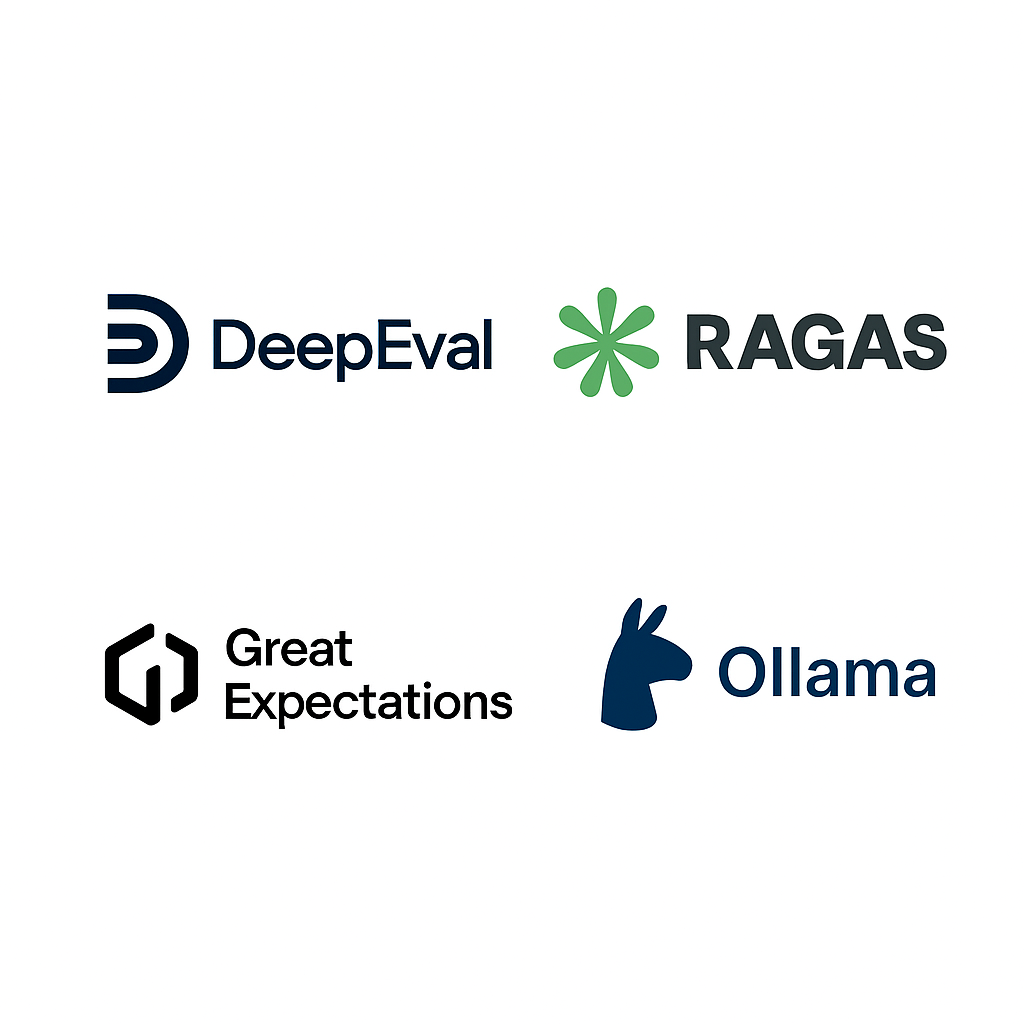Become the Quality Guardian of the AI Revolution
Artificial Intelligence (AI) and Large Language Models (LLMs) are transforming how software is tested and validated. As organizations adopt AI-driven applications, the role of a specialized AI QA Engineer is emerging as one of the most in-demand careers in the QA domain.
This 40-hour course provides a comprehensive and hands-on introduction to testing AI, ML, and LLM-based systems. Designed for freshers and QA professionals, it bridges traditional software testing with the new world of probabilistic AI systems.
Who Should Attend ?
This course is ideal for:
-
Freshers or QA professionals looking to upskill into AI QA.
-
Manual and automation testers who want to learn AI and LLM testing.
-
Professionals involved in testing AI, ML, or data-driven products.
Prerequisites
No prior experience in AI or ML is required.
-
Understanding of basic software testing concepts is an advantage.
-
All necessary AI/ML testing foundations will be taught from scratch during the course.
